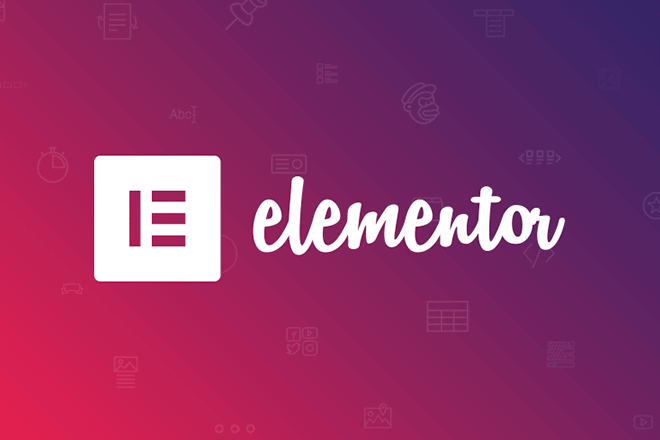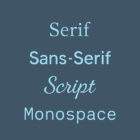WordPress’ growing market share is fueling a continual influx of new users but also a higher level of scrutiny around advertising. Companies with large advertising budgets target this segment of consumers, because many who are new to WordPress need help hosting and creating their websites.
Last week Bluehost pulled an advertisement that misused WordPress’ trademark. The company’s PR department has not responded to our request for comment, but onlookers have noted that this isn’t the first time Bluehost has floated questionable ads. Multiple Facebook campaigns, dating back several years, include trademark abuses, as well as active campaigns on YouTube in various markets.
In another advertising-related matter, Elementor, a popular page builder used by more than five million websites, has caught some attention recently for its Google ads that target “full-site editing.” Birgit Pauli-Haack, publisher of the Gutenberg Times, pointed out the ads last week in the Post Status Slack community.

“I have no trouble if Elementor and Beaver Builder duke it out on the Google Ads,” Pauli-Haack said. “It’s certainly fair game. Why I think it’s shady in regards to WordPress? It’s the searcher’s intent diverted, in a misleading way. 30% of Google Searchers do not know that the first results are paid ads and are led astray. Information about Full Site Editing has people already confused and worried. It doesn’t help if someone hijacks the new feature’s keyword. WordPress is also an easy target because the Foundation certainly doesn’t have any money to throw at the problem to bid higher on the keywords.”
At first glance the keyword targeting may appear to skirt the line of ethical advertising, but Elementor representative Ben Pines claims the company is simply advertising for a feature set of the same name. It enables customers to edit the header, footer, archive and single templates, and page or post content on the same screen.
“Our google ads vary to provide the most value for users in the search,” Pines said. “This one is no different. This doesn’t represent any new strategy. We released full site editing back in March 2020.”
Pines referenced a beta release post dated March 1, 2020, which referred to Elementor’s “groundbreaking Full Site Editing feature.” WordPress’ Full-Site Editing project predates this release by at least a year.
“Full site editing is a very generic industry name and is a fundamental capability in website building tools, searched by many of our users,” Pines said.
When asked if Elementor is considering changing the name to avoid confusion with the core WordPress project, Pines said, “We don’t see any potential confusion. Elementor’s capabilities and ads are clear.”
Others involved in the conversation on Post Status Slack said this type of advertising seems to be standard practice in the world of ad buying, since they are buying based on relevant keywords. Competitors also routinely purchase each other’s keywords.

“Instead of supporting, it is undermining the project,” Pauli-Haack said.
She and other participants in the conversation about the ads found it hard to believe that the strategy is not intentional. Some were also irked by other Elementor ads running on Google and Facebook that attempt to capitalize on users’ frustration with WordPress.
Elementor’s advertising appears to be a self-preservation strategy, as Gutenberg’s full site editing capabilities will inevitably ring the death knell for page builders that don’t build on top of the core standard. Third-party page builders will need to overcome severe performance deficiencies in order to remain competitive.
Understanding where full-site editing is heading is critical for WordPress site owners who are adopting new tools and workflows that will be future-proof with core changes. During this transition many will likely be googling for solutions that will enable them to be on the ground running when core introduces its full-site editing MVP in WordPress 5.8.
Participants in the conversation noted that the Elementor team is not very involved in contributing to the open source project. This may be why the team claims they cannot see any confusion in targeting Google ads at users searching “full-site editing.”
“We actively contribute to WP and its ecosystem through sponsoring events, translations, accessibility tools and more,” Pines said. “We are looking to further our contribution even more this year and are on the look out for a dedicated team member.”
Like this:
Like Loading…





